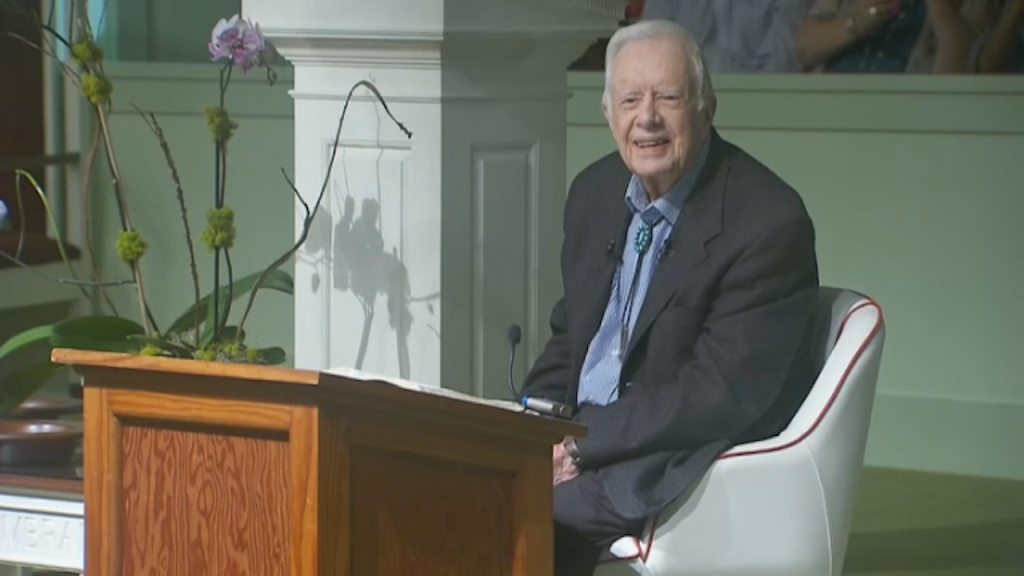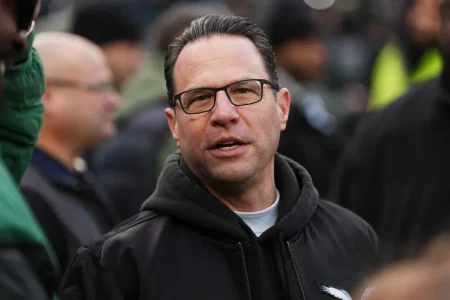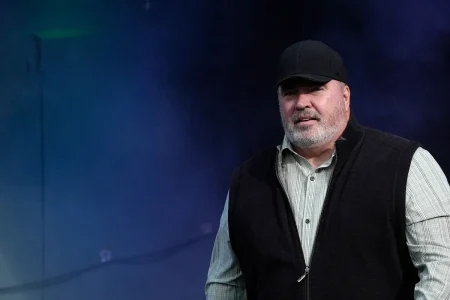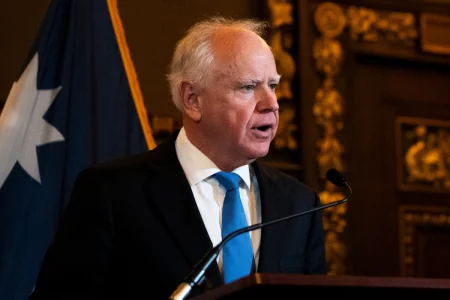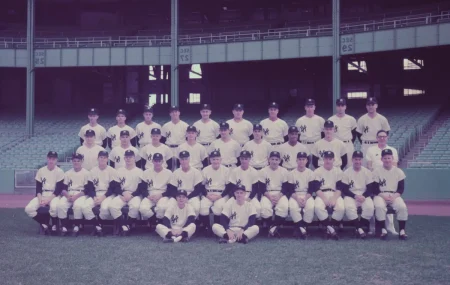Jimmy Carter, the 39th President of the United States, left an indelible mark on the world not only through his political career but also through his profound and unwavering faith. Throughout his life, Carter’s religious beliefs served as a guiding compass, shaping his actions and informing his interactions with others. From his early days in Plains, Georgia, to the national stage and beyond, Carter’s commitment to his faith was evident in his dedication to service, his pursuit of peace, and his unwavering belief in the power of love and compassion. As tributes continue to pour in following his passing, faith leaders across the country reflect on the legacy of a man whose faith journey inspired millions.
Carter’s faith was not merely a private matter; it was interwoven into the fabric of his public life. His commitment to Christian principles manifested in his dedication to human rights, his efforts to eradicate disease, and his tireless work to build bridges of understanding between different cultures and religions. He saw his faith as a call to action, a mandate to alleviate suffering and promote justice wherever he found it. This deep-seated belief in the power of faith to transform lives was evident in his work with Habitat for Humanity, his efforts to mediate international conflicts, and his unwavering commitment to serving those in need.
Carter’s understanding of faith was deeply personal and profoundly impactful. He viewed faith not as a rigid set of doctrines but as a journey of growth and self-discovery. In his book, “Faith: A Journey For All,” Carter shared the lessons he learned throughout his life, emphasizing the importance of personal reflection and the transformative power of love. He cited his marriage to Rosalynn as the most significant example of faith in his life, highlighting the enduring strength of their commitment and the unwavering support they provided to one another. This enduring love story served as a testament to the power of faith to sustain and strengthen relationships.
Carter’s commitment to his faith was not without its complexities. While a long-serving member of the Southern Baptist Convention, he ultimately resigned due to what he perceived as increasingly rigid views within the organization. Despite this separation, Carter remained steadfast in his faith, continuing to teach Sunday school at his home church in Plains, Georgia. His dedication to sharing his faith with others underscored his belief in the importance of community and the power of religious teachings to inspire and uplift. He approached his faith with humility and openness, recognizing the ever-evolving nature of spiritual understanding.
The impact of Carter’s faith extended far beyond the confines of his personal life and church community. He became a symbol of religious tolerance and interfaith dialogue, engaging with leaders from various religious traditions. His decision to publicly light a Hanukkah menorah in 1979, during the Iran hostage crisis, marked a significant moment in American history, demonstrating his commitment to religious pluralism and his belief in the power of unity amid adversity. This act resonated with people of all faiths, highlighting the universal message of hope and resilience that Hanukkah represents.
Jimmy Carter’s legacy as a man of faith is profound and enduring. He demonstrated that faith is not merely a set of beliefs but a way of life, a call to action, and a source of strength and inspiration. From his dedication to service and his pursuit of peace to his unwavering commitment to human rights and his embrace of interfaith dialogue, Carter’s life stands as a testament to the transformative power of faith. His example continues to inspire people of all backgrounds to live lives of purpose, compassion, and unwavering commitment to the betterment of humanity. His legacy reminds us that true faith is not about dogma or division, but about love, service, and the pursuit of a more just and compassionate world.




